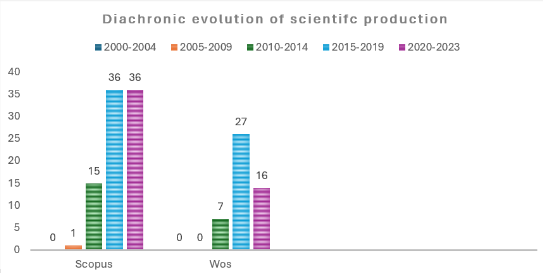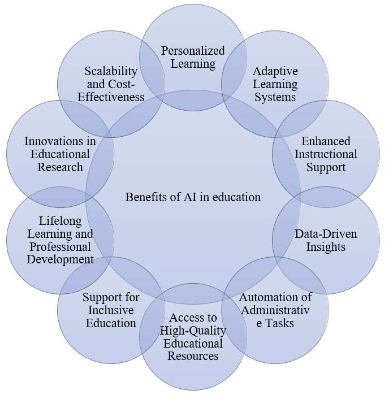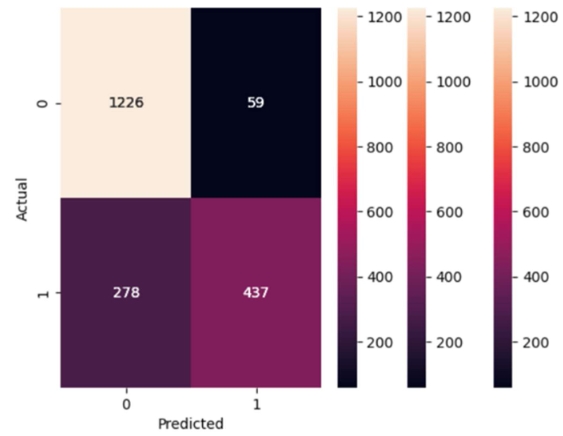





Dear Colleagues,
The present Special Issue explores the profound and extensive influence of Artificial Intelligence (AI) on Education. We accept submissions that research and explore the complex and diverse connections between AI and educational practices.
The incorporation of AI technology in the field of education has seen significant progress, leading to the development of novel methods for instruction and knowledge acquisition. The objective of this Special Issue is to explore the many uses of AI in education. These applications include intelligent tutoring systems, individualized learning experiences, and data-driven decision-making processes used in educational institutions, just to name a few examples.
We strongly urge scholars, educators, investigators and practitioners to submit publications that explore the efficacy and ethical considerations surrounding educational technologies powered by AI. The themes that might be explored include:
1. Intelligent Tutoring Systems (ITS): Investigate the efficacy of AI-driven tutoring systems in enhancing personalised learning experiences. Explore the adaptability of ITS to various subjects and learner profiles.
2. Personalized Learning Environments: Examine the role of AI in tailoring educational content based on individual student needs. Assess the impact of personalised learning on student engagement and academic performance.
3. AI in Educational Assessment: Analyze the integration of AI in developing advanced assessment tools. Explore the potential of AI for automating grading, providing timely feedback, and supporting formative assessment.
4. Data-Driven Decision Making: Investigate how educational institutions leverage AI for data analytics in decision-making processes. Assess the challenges and benefits of utilizing data-driven insights for educational planning.
5. Inclusivity and Accessibility: Examine how AI technologies contribute to creating inclusive educational environments. Investigate AI solutions that address accessibility challenges for diverse learners.
6. Ethical Considerations in AI Education: Explore the ethical implications of AI applications in educational settings. Address issues related to data privacy, bias, and the responsible use of AI in teaching and learning.
7. Human-AI Collaboration: Investigate the dynamics of human-AI interactions in educational contexts. Explore the role of educators in facilitating effective collaboration with AI technologies.
8. Challenges and Opportunities: Identify challenges associated with the integration of AI in education and propose potential solutions. Explore opportunities for innovation and improvement in educational practices through AI.
9. Teacher Professional Development: Assess the impact of AI on teacher professional development. Explore AI-driven tools that support educators in curriculum design, classroom management, and professional growth.
10. Future Trends in AI Education: Investigate emerging trends and technologies in the intersection of AI and education. Anticipate the future trajectory of AI applications in shaping the educational landscape.
Our objective is to provide a thorough examination of the present status and future potential of AI in the field of Education, achieved through the integration of advanced research and valuable insights. Authors are strongly invited to engage in critical analysis of case studies, put forward theoretical frameworks, and report empirical results that enhance our comprehension of the dynamic interplay between AI and Education.
Looking forward to your contributions.
Prof. Pedro Tadeu
Section Editor